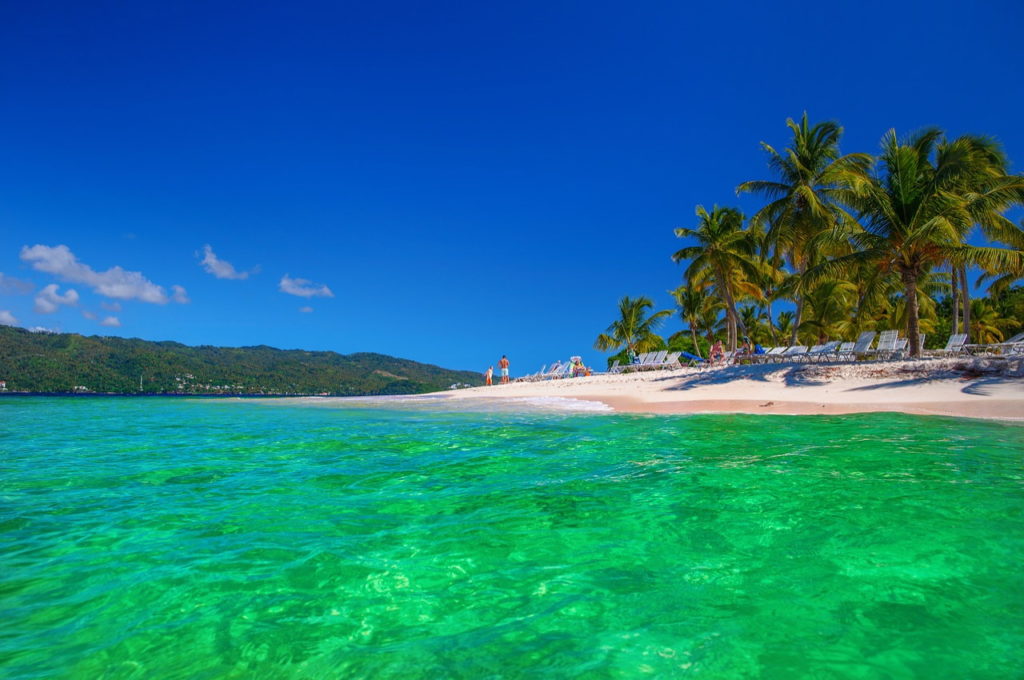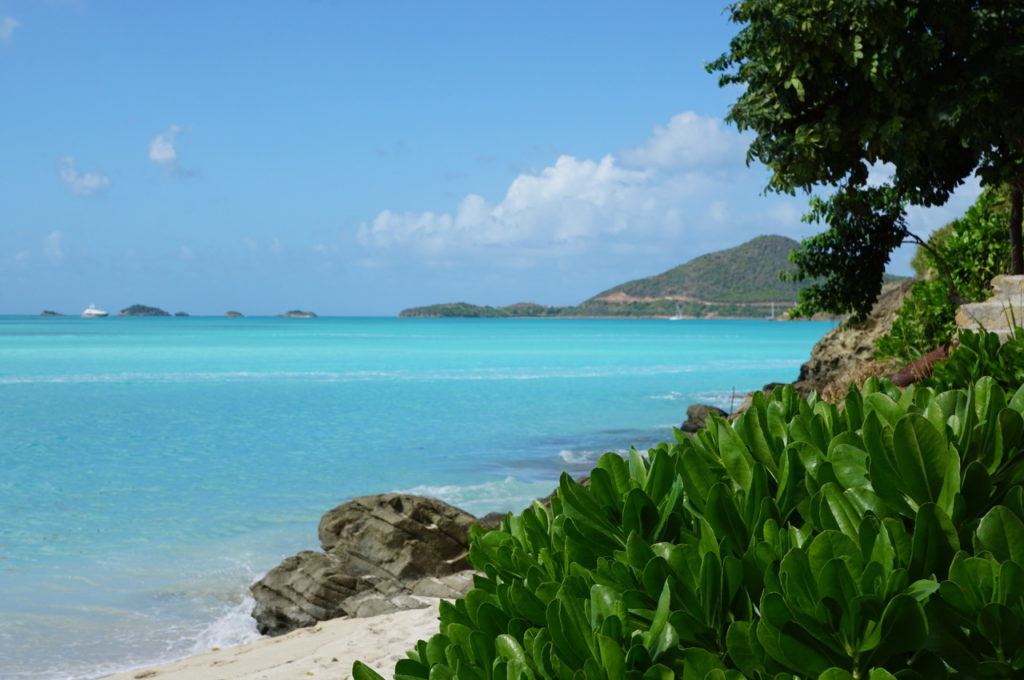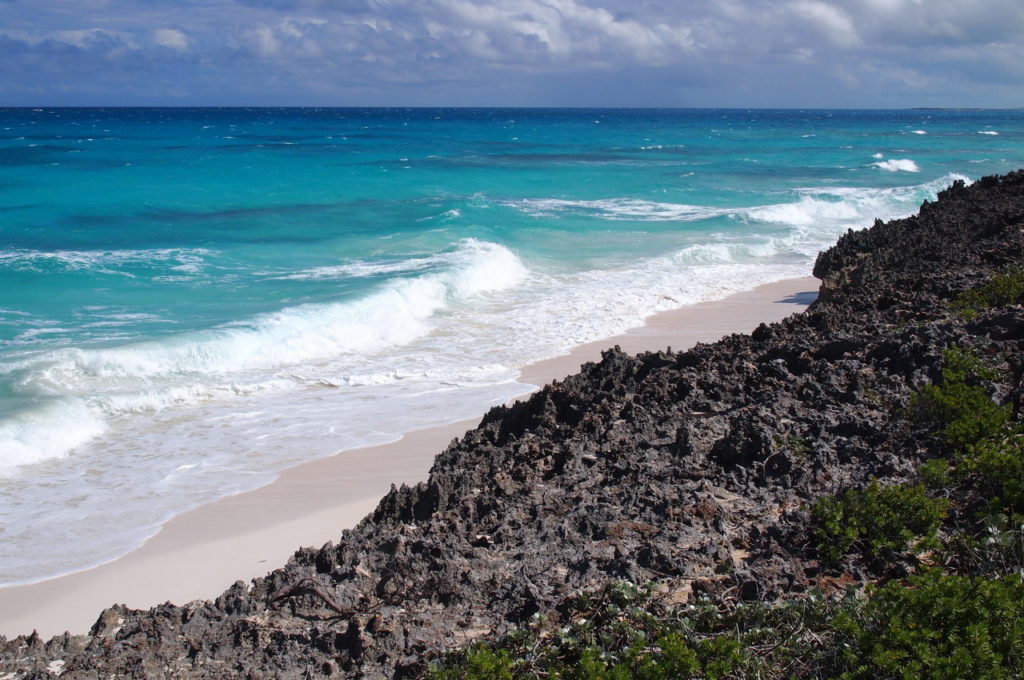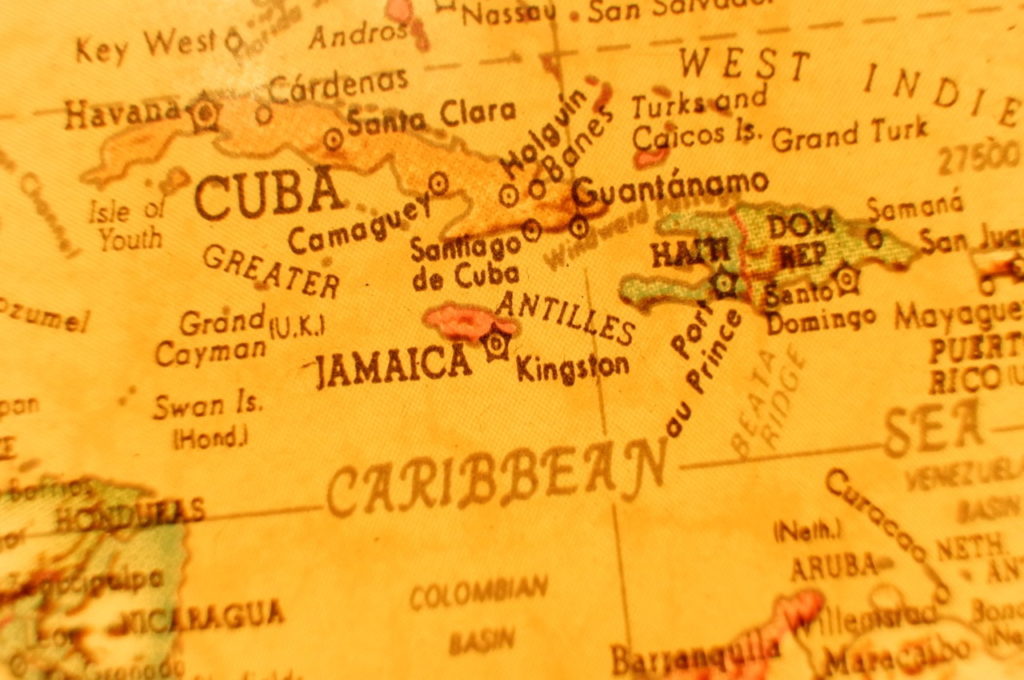Caribbean
Interesting Information
Just the Facts
Prior to European colonization the Caribbean was inhabited by the descendants of migrants that came from the American mainland around 5000 BC.
On October 12, 1492 Christopher Columbus landed in the Bahamas and claimed the Caribbean Islands for Spain. Throughout the 16th century, Spanish influence spread throughout the Caribbean. By the 17th century, the English, French and Dutch were colonizing and the Caribbean Islands were supplying Europe with many luxury goods such as sugar and coffee.
In the 18th and 19th centuries as slavery became abolished, Caribbean Islands became less economically important to the Europeans and by the 20th century were becoming independent nations.
Population & Language
The Caribbean consists of 13 Independent nations, 12 dependent territories and 5 other areas. The population of the Caribbean region is approximately 43.5 million.
The colonization of the Caribbean by so many different countries created a diverse culture. There are six official languages throughout the Caribbean: Spanish, French, English, Dutch, Haitian Creole and Papiamento and many different creoles and patois.
Biggest and Smallest
Largest Land Area: Cuba
Smallest Land Area: Saint Kitts and Nevis
Largest Population: Cuba
Smallest Population: Saint Kitts and Nevis
Most Populated City: Santo Domingo
Biggest Island: Cuba
Longest River: Cauto River
Highest Mountain: Pico Duarte
Largest Lake: Lake Enriquillo
Lowest Point: Lake Enriquillo
Top Tourist Destinations
Dominican Republic
Cuba
Puerto Rico
Jamaica
Bahamas
Aruba
Barbados
Guadeloupe
Martinique
Haiti
Cayman Islands
Curacao
Turks & Caicos
Most Populated Cities
Santo Domingo - 3.6 million
Port-au-Prince - 2.6 million
San Juan - 2.2 million
Havana - 2.1 million
Kingston - 1.2 million
Santiago de Cuba - 1 million
Santiago, D.R. - 900.000
Where do you want to go?

Greater Antilles

Lesser Antilles

Lucayan Archipelago
Where is it?

